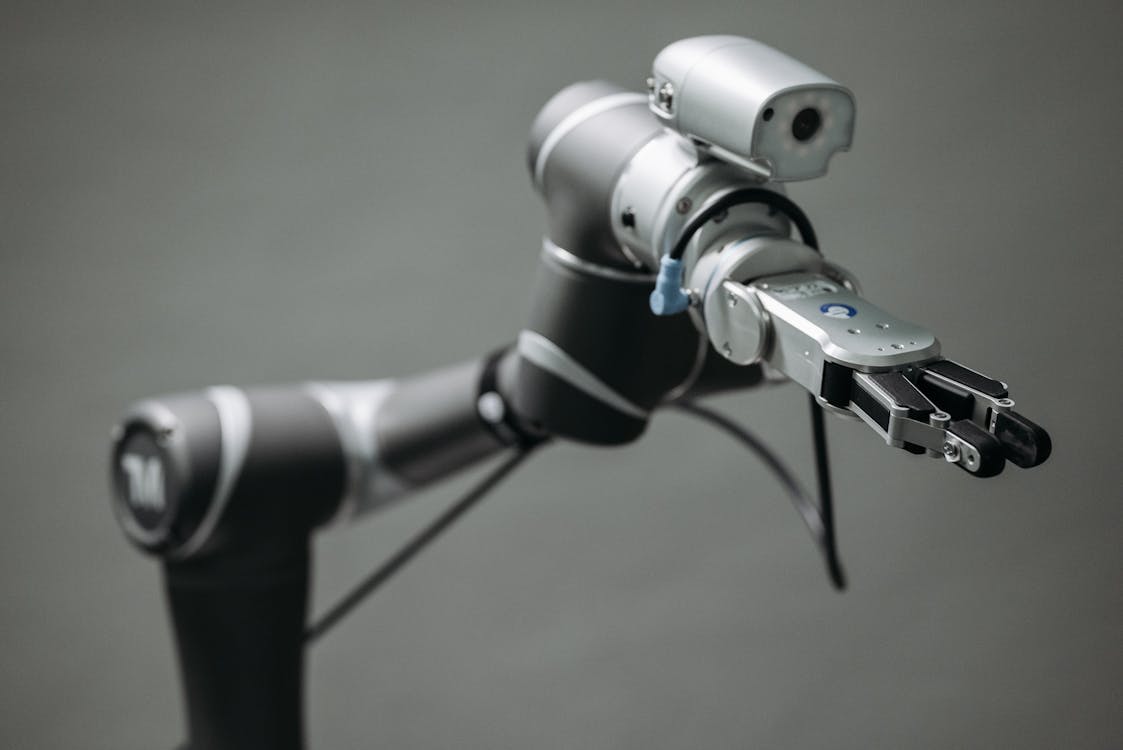Artificial Intelligence (AI) has swiftly moved from the realms of science fiction into our daily lives. It’s embedded in our digital assistants, our social media algorithms, and even our healthcare systems. This AI-driven world holds immense promise but is also accompanied by profound ethical and regulatory challenges. In this article, we’ll explore the evolving landscape of AI ethics and regulations, examining the key issues and the measures being taken to address them.
AI in Our Lives

Before diving into the ethical and regulatory aspects, let’s understand the extent to which AI is part of our lives.
1. Personal Assistants: AI-driven virtual personal assistants like Siri and Alexa have become household names. They’re designed to understand our commands and perform tasks, from setting alarms to answering questions.
2. Social Media Algorithms: AI algorithms on platforms like Facebook, Instagram, and Twitter determine the content we see. They’re designed to maximize user engagement, leading to concerns about echo chambers and fake news.
3. Healthcare: AI is aiding in diagnostics and treatment recommendations. For instance, IBM’s Watson analyzes medical data to help doctors make more informed decisions.
4. Autonomous Vehicles: Self-driving cars rely heavily on AI for navigation and safety.
Ethical Dilemmas in AI
The increasing presence of AI in our lives brings forward various ethical dilemmas:
1. Bias and Fairness: AI algorithms can inherit biases present in their training data. This leads to disparities in areas like criminal justice and lending.
2. Privacy: AI systems often process vast amounts of personal data. How this data is collected, used, and secured is a significant concern.
3. Accountability: When an AI system makes a wrong decision, who is accountable? This question is particularly significant in fields like healthcare and autonomous vehicles.
4. Job Displacement: The rise of automation due to AI can lead to job losses in certain industries.
Transparency and Explainability: Understanding why an AI system makes a particular decision can be challenging, especially with complex deep learning models.
AI Regulations Across the Globe

To address the ethical concerns surrounding AI, several countries and regions are introducing regulations. Here are some key developments:
1. European Union: The EU introduced the General Data Protection Regulation (GDPR), which includes provisions related to automated decision-making and profiling.
2. United States: The United States has taken a more sector-specific approach to AI regulations. For instance, there’s the Algorithmic Accountability Act that addresses bias and discrimination.
3. China: China has made significant investments in AI research and development. However, there’s a lack of specific AI regulations.
4. Canada: Canada’s Personal Information Protection and Electronic Documents Act (PIPEDA) includes AI-related provisions.
5. Japan: Japan has laid down ethical guidelines for AI development, emphasizing transparency and accountability.
The Role of Industry and Research
Alongside governmental regulations, the tech industry and research institutions are actively addressing AI ethics.
1. Ethical AI Principles: Tech giants like Google, Microsoft, and Facebook have established ethical AI principles. These include commitments to fairness, accountability, and transparency.
2. Research Organizations: Institutions like OpenAI are advocating for responsible AI. They’ve developed ethical guidelines like the OpenAI Charter, which emphasizes broad distribution of AI benefits and long-term safety.
3. Ethics Boards: Companies are setting up AI ethics boards to ensure that their AI systems are developed and used responsibly.
4. Developing AI for Good: There’s a growing movement to leverage AI for solving global challenges. AI is being used to address problems in healthcare, climate change, and disaster response.
The Challenge of Bias in AI

The issue of bias in AI algorithms is one of the most significant ethical challenges. AI systems are trained on vast datasets, and if those datasets contain biases, the AI systems will reproduce and even exacerbate those biases. Here are some examples:
1. Criminal Justice: AI algorithms used for predicting criminal recidivism have been found to discriminate against minority groups. This bias has led to calls for transparency in algorithmic decision-making.
2. Hiring Algorithms: AI systems used for resume screening have been shown to discriminate against female candidates. Amazon even abandoned an AI recruitment tool due to biases against women.
3. Facial Recognition: Facial recognition systems have been criticized for misidentifying individuals with darker skin tones, leading to concerns about racial profiling.
Addressing AI Bias
Addressing bias in AI is crucial for creating ethical and equitable AI systems. Steps being taken to mitigate bias include:
1. Diverse Datasets: Ensuring that training datasets are diverse and representative of the population.
2. Fairness Audits: Conducting fairness audits to identify and rectify bias in AI systems.
3. Bias Reporting Mechanisms: Creating mechanisms for users to report bias in AI systems.
4. Regulatory Oversight: Governments are considering regulations to ensure that AI systems are developed and deployed in a non-discriminatory manner.





